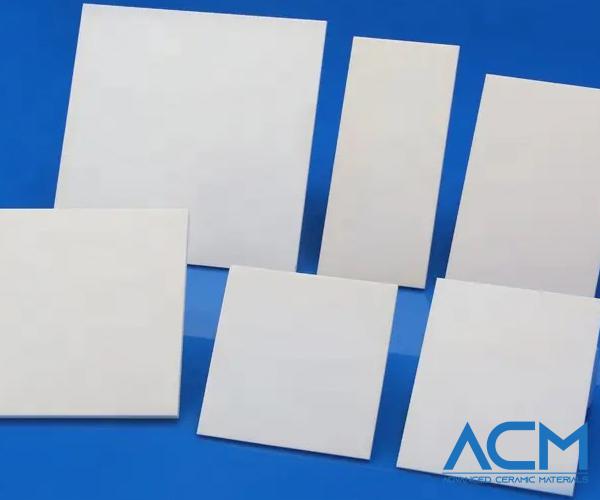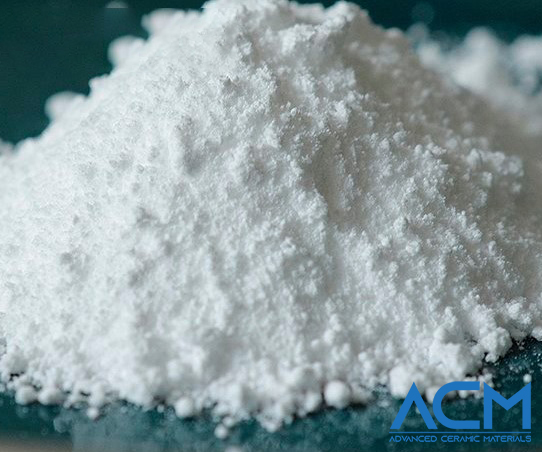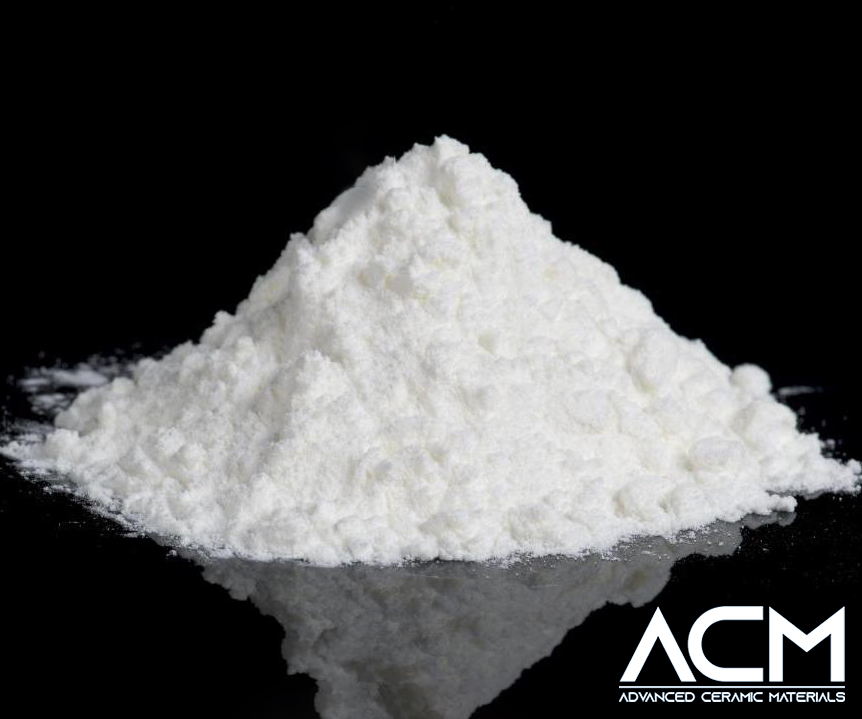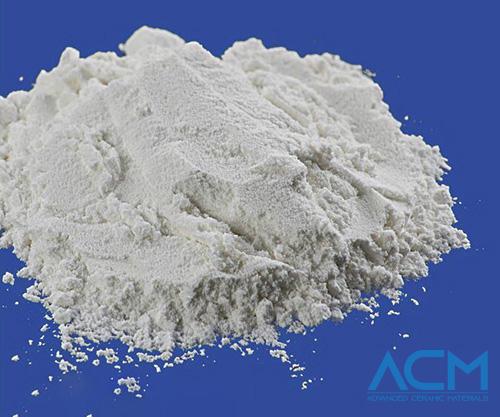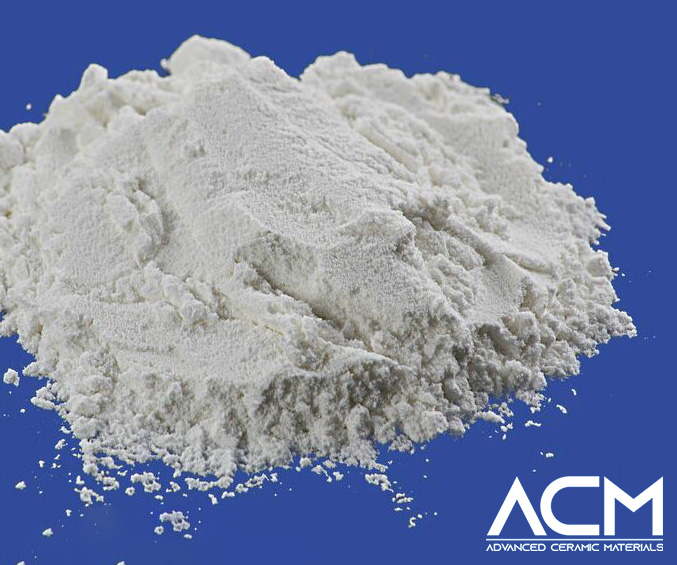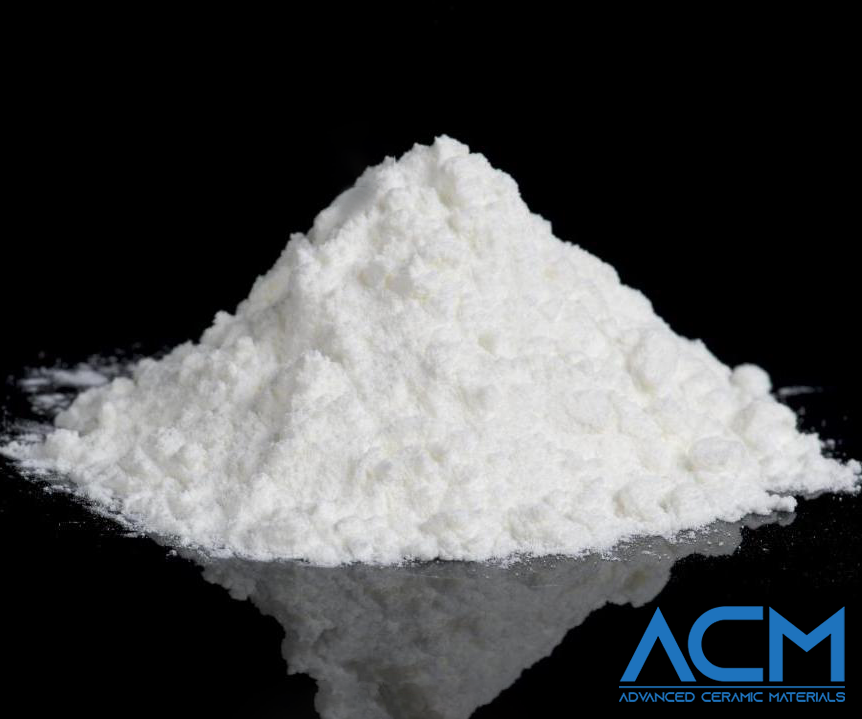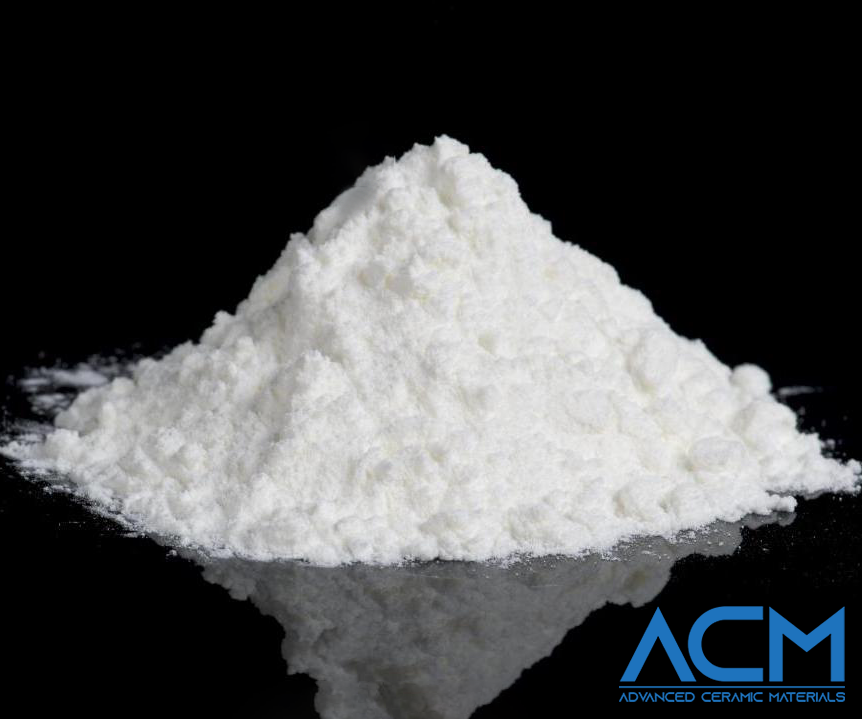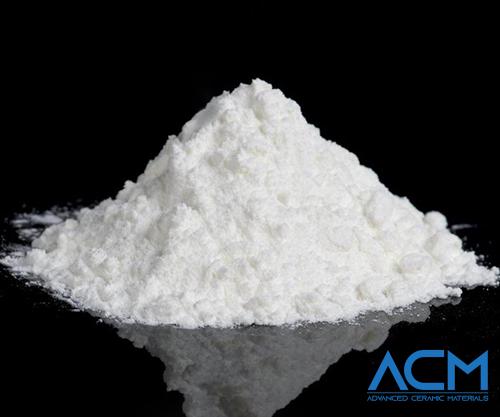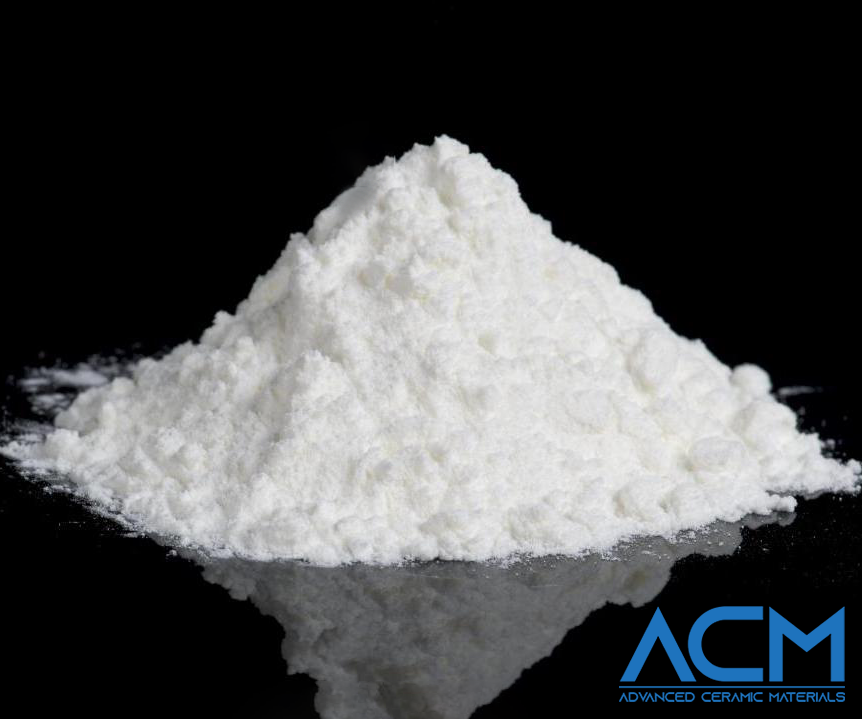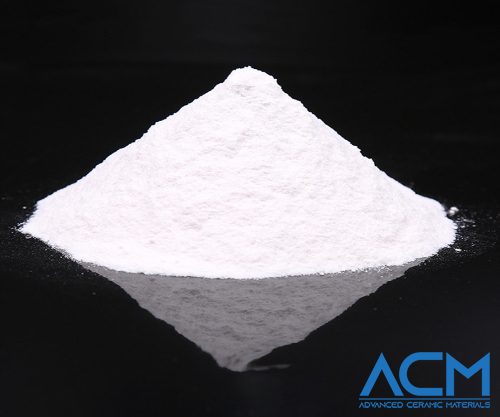AC6695 Aluminum Titanate Ceramic Plate
- Catalog No. AC6695
- Material Aluminum Titanate
- Appearance Plate
- Purity ≥99.9%
Inquiry
AC6695 Aluminum Titanate Ceramic Plate
Aluminum Titanate Ceramic Plate Overview
Aluminum titanate ceramic plates are flat, high-performance components made from aluminum titanate (Al₂TiO₅), designed for use in high-temperature environments involving molten non-ferrous metals. These plates are known for their excellent thermal shock resistance, low thermal expansion, and non-wettability to molten aluminum, which prevents metal adhesion and extends service life. They are commonly used in casting systems, insulation barriers, and support structures, providing exceptional dimensional stability and durability under demanding thermal cycling conditions.
Specification
Properties
|
Volume Density |
3.3-3.5 g/cm3 |
|
Bending Strength |
1.5 MPa |
|
Compressive Strength |
30-50 MPa |
|
Operating Temperature |
≤1400℃ |
|
Porosity |
<8% |
|
CTE |
(0.5-1.5)*10-6℃ |
|
Thermal Conductivity (800℃) |
0.86 W/M·K |
|
Dimensions |
Customized |
*The above product information is based on theoretical data. For specific requirements and detailed inquiries, please contact us.
Applications
-
Thermal insulation in casting systems: Serve as heat-resistant barriers or linings in equipment exposed to molten aluminum and high temperatures.
-
Support plates in foundry operations: Provide structural support for molds, crucibles, or other ceramic components during casting.
-
Base plates in low-pressure die casting (LPDC): Function as mounting or sealing plates in LPDC machines for stable, heat-resistant operation.
-
Flow control assemblies: Integrated into sliding gates, nozzles, and other systems to control and guide molten metal flow.
-
Protective liners: Act as wear-resistant, non-reactive surfaces inside launder systems and dosing chambers.
-
Molten metal processing equipment: Used in devices requiring strong thermal resistance and non-wettability to aluminum, helping to extend system life.
Packaging
Products are packaged in customized cartons or wooden crates according to size. Small items are securely packed in polypropylene (PP) boxes, while larger pieces are placed in custom wooden crates. Appropriate cushioning materials are used to ensure safe transportation.
Manufacturing and Testing
Testing procedures include:
-
Chemical composition analysis to verify purity and compliance.
-
Mechanical property testing, including tensile strength, yield strength, and elongation.
-
Dimensional inspection to ensure thickness, width, and length meet specifications.
-
Surface quality inspection to detect defects such as scratches, cracks, or inclusions through visual and ultrasonic examination.
-
Hardness testing to confirm uniformity and mechanical reliability.
Frequently Asked Questions
Q1: What is an aluminum titanate ceramic plate?
A1: A flat ceramic component made from aluminum titanate (Al₂TiO₅), engineered to withstand high temperatures and thermal shock, especially in molten metal processing environments.
Q2: What are the main advantages of aluminum titanate ceramic plates?
A2: They offer excellent thermal shock resistance, low thermal expansion, non-wettability to molten aluminum, high dimensional stability, and long service life in casting environments.
Q3: Where are these ceramic plates used?
A3: Typical applications include insulation and support in aluminum casting systems, base plates in LPDC machines, protective liners in launder and dosing systems, and structural components in high-temperature industrial processes.
Performance Comparison
| Property / Application | Alumina (Al₂O₃) | Aluminum Titanate (Al₂TiO₅) | Aluminum Nitride (AlN) |
|---|---|---|---|
| Thermal Conductivity | Moderate (~20-30 W/m·K) | Low (~1-2 W/m·K) | Very High (~140-180 W/m·K) |
| Thermal Expansion Coefficient | Moderate (~7-8 ×10⁻⁶/K) | Very Low (~1-2 ×10⁻⁶/K) | Close to Silicon (~4.5 ×10⁻⁶/K) |
| Thermal Shock Resistance | Moderate to Good | Excellent | Moderate |
| Electrical Insulation | Excellent | Good | Excellent |
| Mechanical Strength | High | Moderate | High |
| Corrosion Resistance | Excellent | Excellent | Good |
| Main Applications | Structural ceramics, insulators, cutting tools | Riser tubes, molten metal handling parts | Heat sinks, high-power electronics, substrates |
| Aluminum Non-Wettability | Poor | Excellent | Moderate |
| Cost | Relatively Low | Moderate | High |
Customization Options
-
Shapes and dimensions: Complex three-dimensional shapes and a wide range of sizes are available.
-
Tolerance: From fine to coarse tolerances; precision machining available upon request.
-
Surface and structural features: Available with or without coatings (such as boron nitride), grooves, or drilling.
-
Special requirements: Custom geometries designed for specific casting systems, compatibility with high-precision or automated processes, and options for enhanced thermal or corrosion resistance.
Aluminum titanate ceramic plates combine superior thermal shock resistance, dimensional stability, and chemical durability, making them ideal for demanding applications in metal casting and processing industries.
Request a Quote
-
Attachment (Optional)
No file chosen









